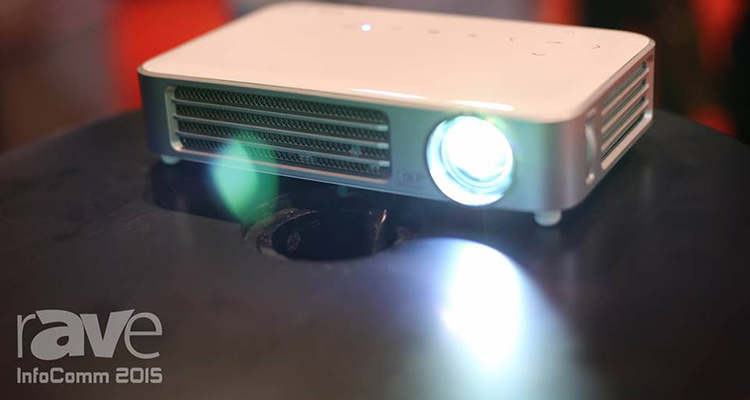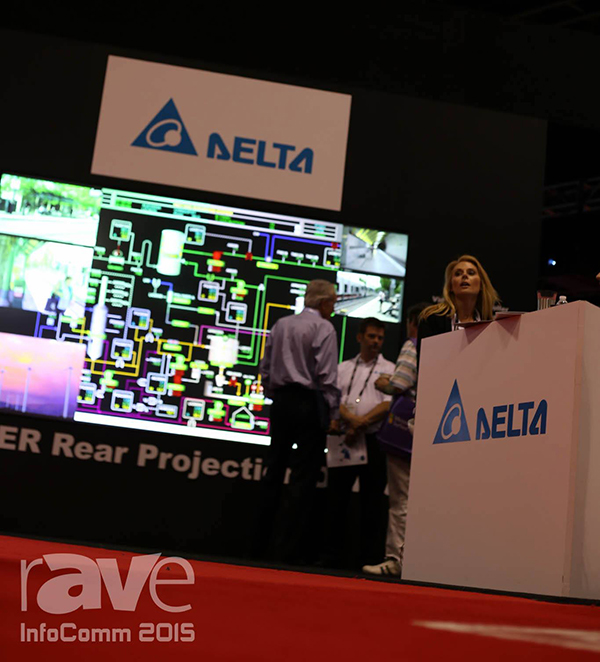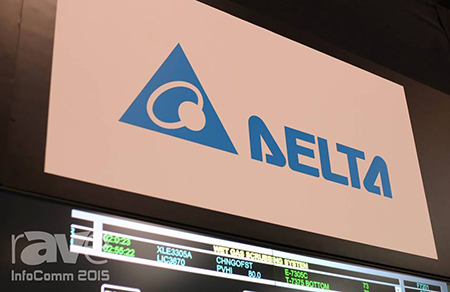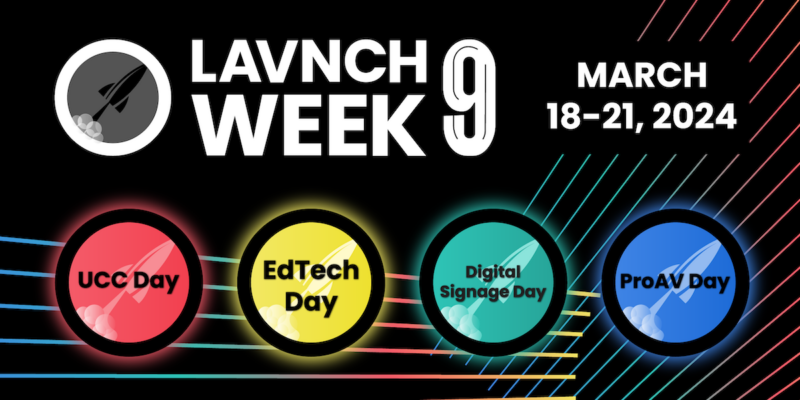Is Delta Displays Smart Enough to Pull it Off – Or Has It Already?
 You are likely using a Delta Displays projector — or have recently. But I’ll bet you that you didn’t even know it.
You are likely using a Delta Displays projector — or have recently. But I’ll bet you that you didn’t even know it.
How’s this possible? Well, they are one of the largest OEMs of projectors in the world. They have made projectors for Hitachi, NEC, Christie, Barco, BenQ (even though no one know this, it’s true), DPI (which, by the way, Delta indirectly owns 100 percent of — even though this is hush, hush), InFocus and a handful of other brands out there that refuse to admit this or Delta has sworn to secrecy. And, all of them are DLP manufacturers.
Ironically, it currently has one of the largest line of projectors on the market, sort of, under its own brand name, too. But, barely anyone knows this. Delta’s not just under the radar; the radar isn’t even detecting it.
So, who the heck is Delta and how did they get into the projection market? Well, they can thank Texas Instruments and their DLP division. Way back when, TI — when they originally launched the DLP technology — used to make and sell the DLP light engines (i.e., the DMD mirror chips and a light block) to the manufacturers as an ODM. But, eventually, TI decided it just wanted to make and sell the chips (TI’s expertise), so it combed the earth to find the perfect ODM company to make and sell its DLP light engines for them. TI found Bruce Cheng and his company Delta Electronics based on Taiwan. Delta made everything from power supplies, to fans, to telecom gear, to lighting systems, to auto parts, to healthcare devices. And, in the 2000s, Delta started making DLP light engines. For nearly a decade, it only sold the light engine component to projector companies, but eventually it started making the entire projector — as an OEM. That’s when the brands mentioned above started buying. Antd, in addition to now making projectors for others, it also makes them for Vivitek (a company now also owned 100 percent by Delta) as well as under its own brand: Delta Displays. But, when you ask AV’ers and customers to name the top-10 projector brands, no one names Delta. Or, maybe they do know Delta, but don’t realize how big it is, as they don’t know who Delta owns and how many projectors it manufacturers.
Why is this? And should we even care?
 Well, let me address the WHY, first. It’s simple: MARKETING. Delta (or at least Delta Displays) is terrible at marketing. The logo is trite, its branding is unremarkable and its press releases are unoriginal. I am sorry to be so harsh, but BRANDING and MARKETING do matter. And, because of this, you barely notice them. For example, at InfoComm 2015, the company had a 50’ x 40’ booth — certainly one of the larger ones on the show floor — and you barely noticed.
Well, let me address the WHY, first. It’s simple: MARKETING. Delta (or at least Delta Displays) is terrible at marketing. The logo is trite, its branding is unremarkable and its press releases are unoriginal. I am sorry to be so harsh, but BRANDING and MARKETING do matter. And, because of this, you barely notice them. For example, at InfoComm 2015, the company had a 50’ x 40’ booth — certainly one of the larger ones on the show floor — and you barely noticed.
So, here’s one of the largest projector companies (in volume) in the world, and most of you reading this don’t know it. The problem must be marketing. EPSON, Christie, Barco, BenQ, CANON, NEC Display (insert just about any projector brand here — including its own brand, VIVITEK, which is doing a phenomenal job branding and marketing on its own) all have way, way better branding and marketing than Delta.
Should we care?
 I say yes. Delta literally has the potential to take most of the industry under its own name. Right now, it dominates projection via OEM partners. But, Delta is (and this is the part that is murky to me as I don’t know if the company actually has a plan or if it’s even occurred to them that they can do this) is poised to dominate the projection landscape through its own label — if it wanted to.
I say yes. Delta literally has the potential to take most of the industry under its own name. Right now, it dominates projection via OEM partners. But, Delta is (and this is the part that is murky to me as I don’t know if the company actually has a plan or if it’s even occurred to them that they can do this) is poised to dominate the projection landscape through its own label — if it wanted to.
It already owns Vivitek.
It has controlling interest in Digital Projection (DPI) through the Delta umbrella of companies (i.e., Delta Displays and Vivitek and one other small Delta division).
And, it makes light engines as well as finished products for more than a dozen big brand names. It could also take any and/or all of those products and slap a Delta badge of them (hopefully one with new branding) and, voila, it’s a huge force to be reckoned with. With this sort of diversification in the projection industry, it can grow market share without being a target of other projection companies (since Delta partners with many and aren’t directly competing with most). Delta is sort of like the Intel of the projection market. Sure, Delta could stop making stuff for other companies, just like Intel could easily build a computer. But, Intel is way more successful by putting all its processors in everyone else’s computers than it would be competing in the fragmented PC market.
But does anyone over at Delta really know what’s going on? Do they actually have a plan? Or, are they just successful in spite of themselves?





